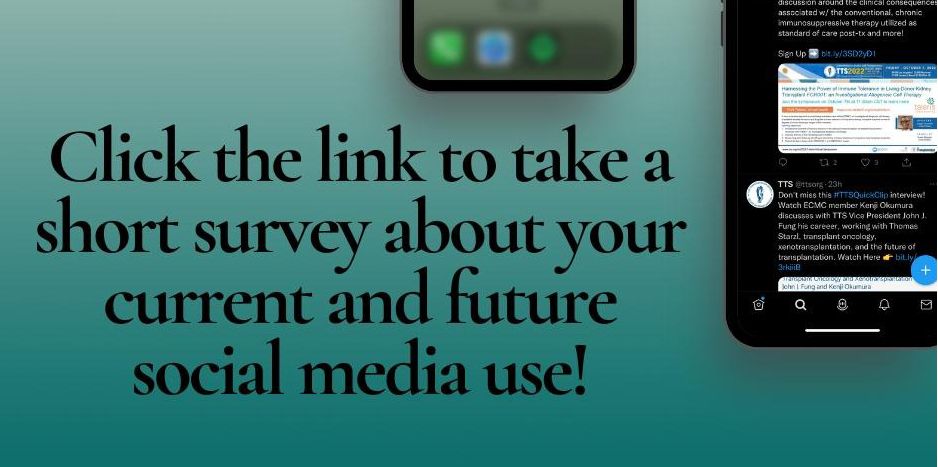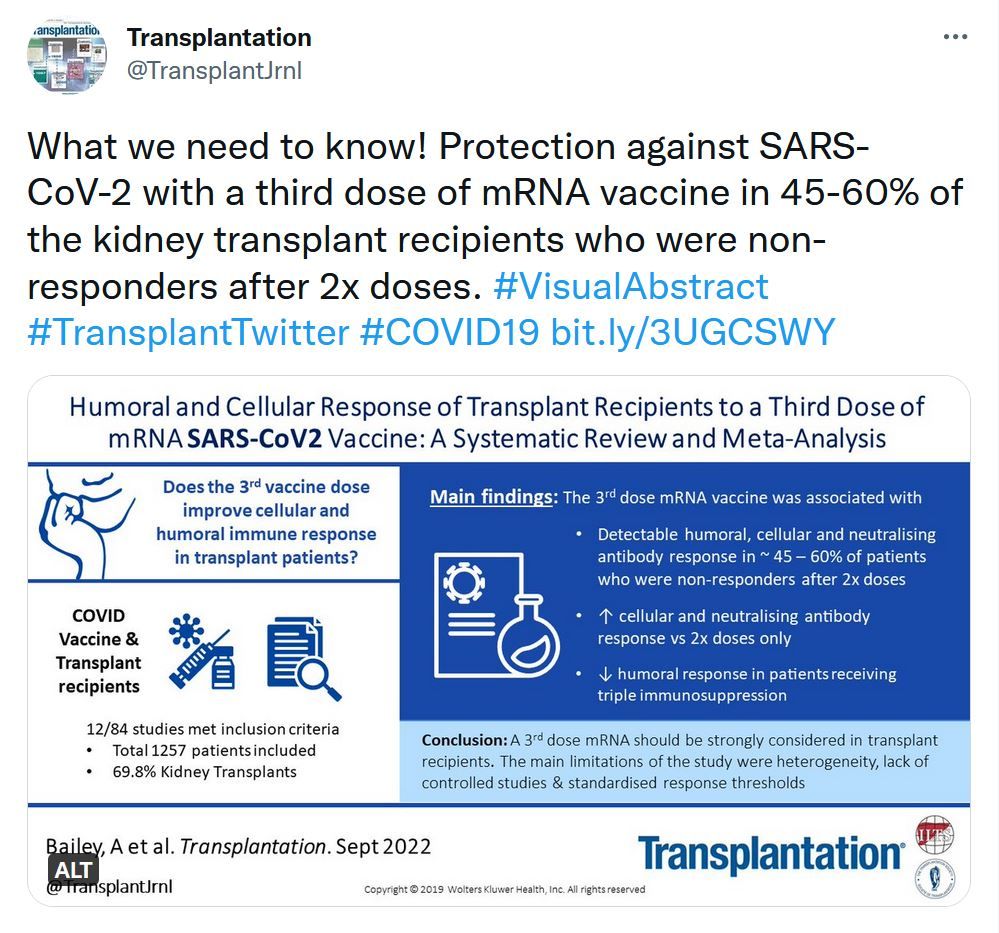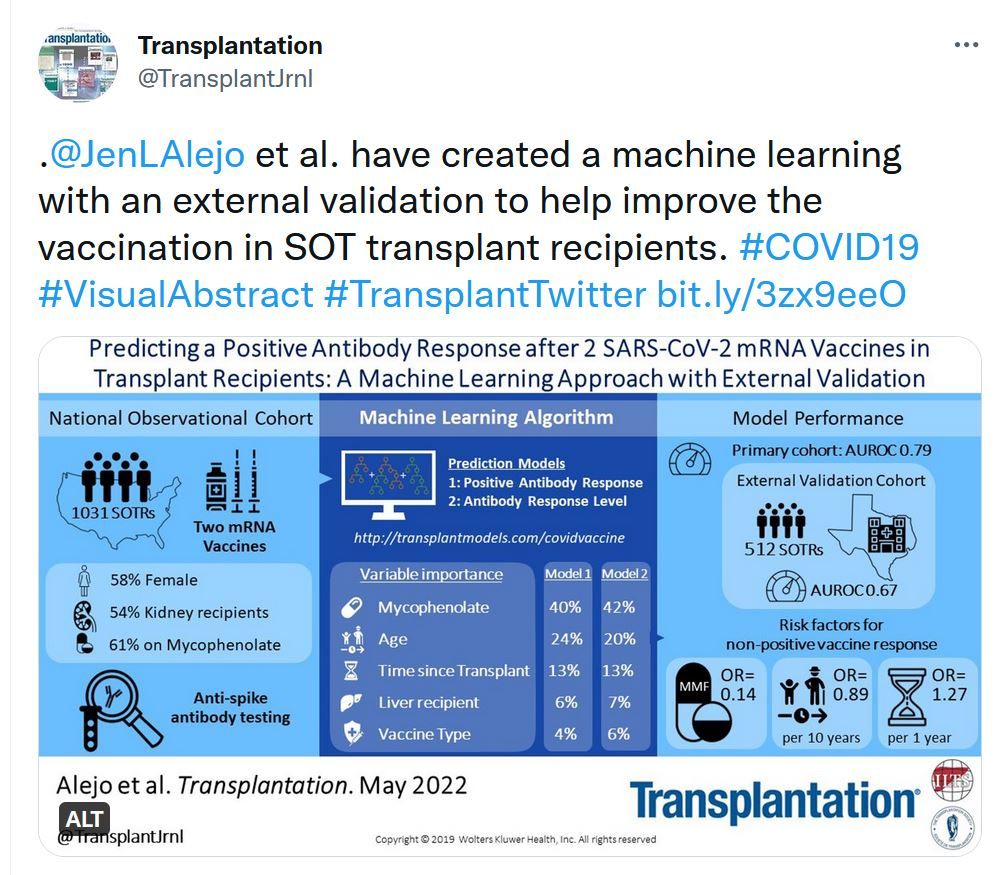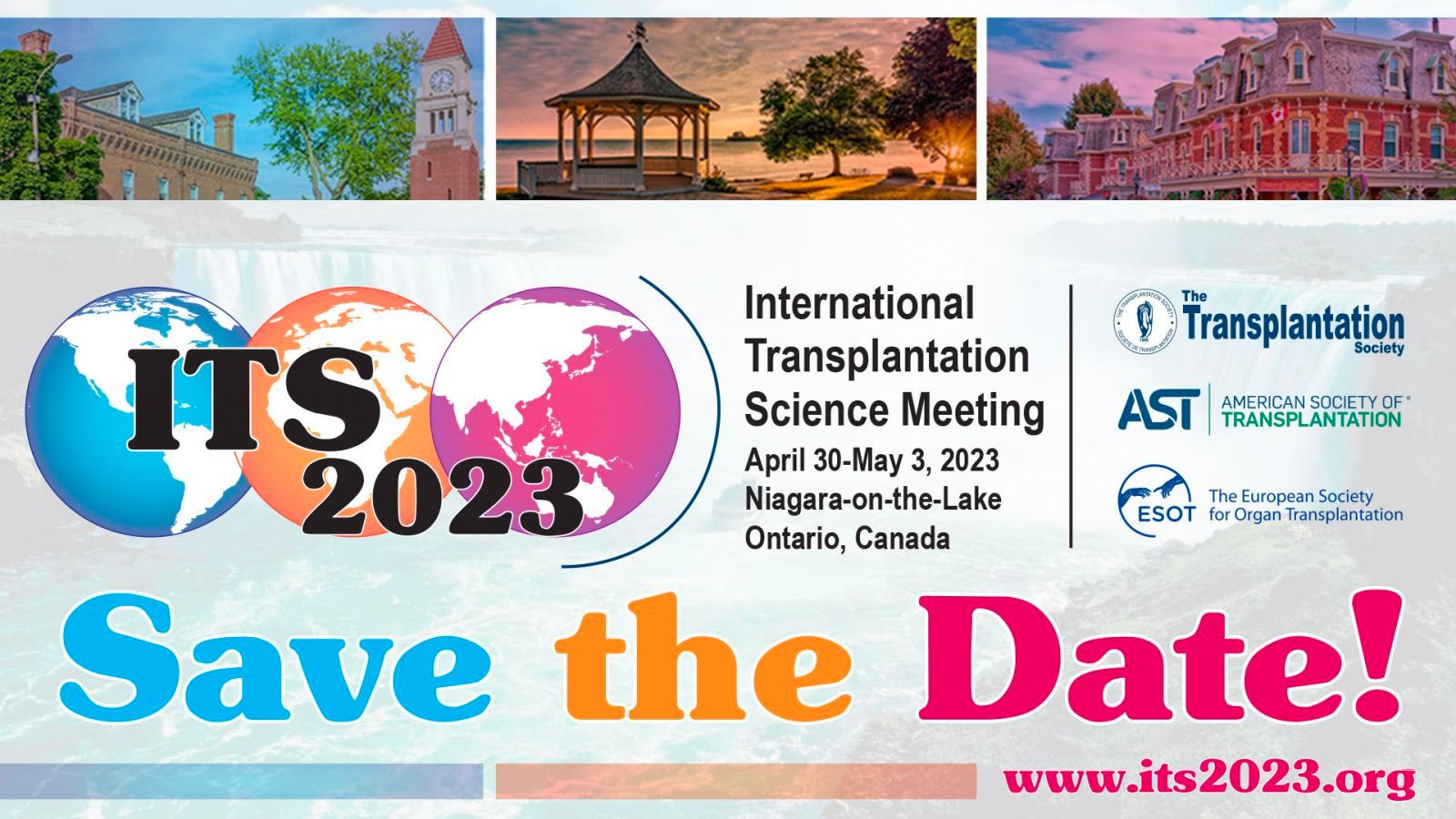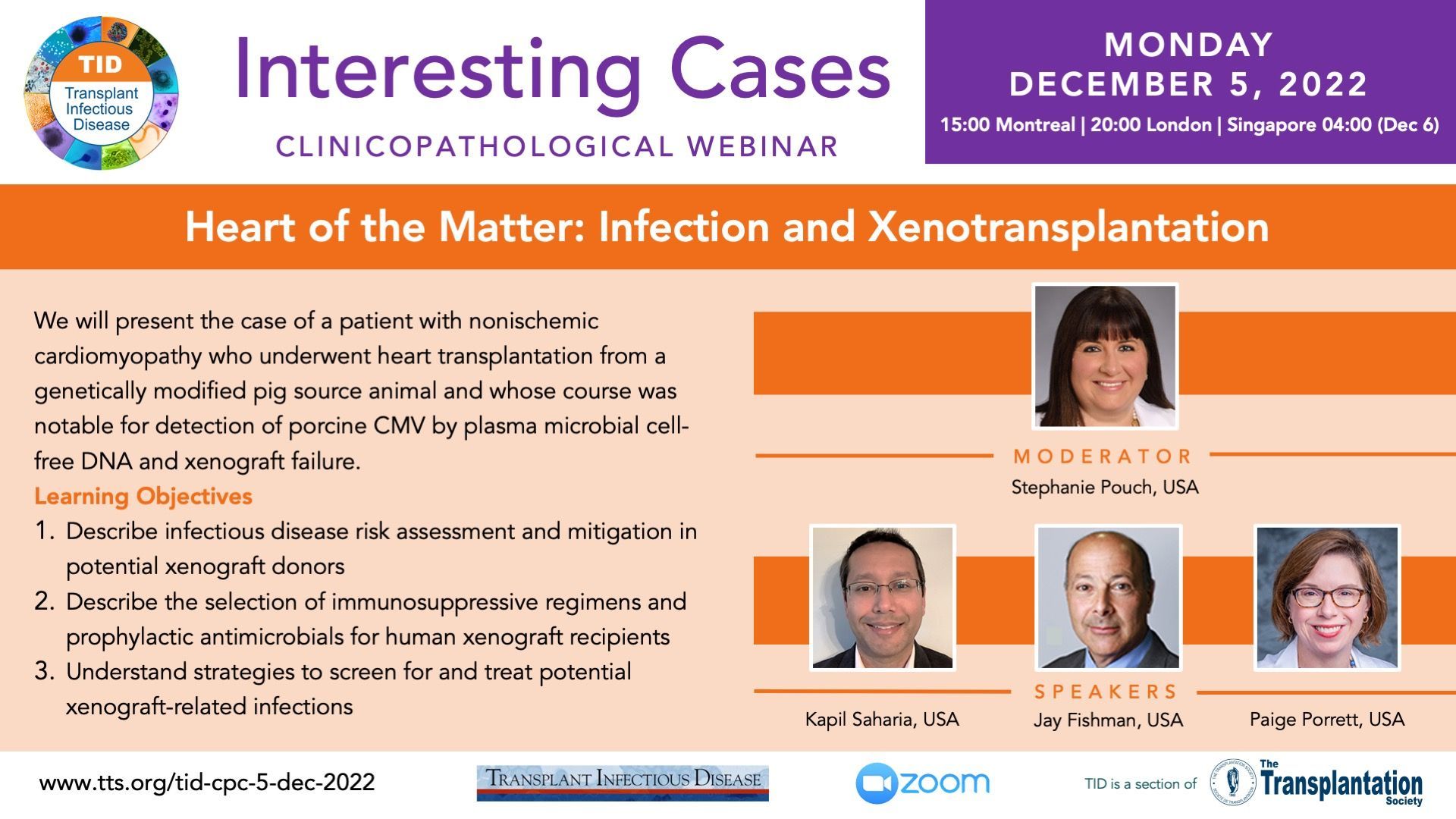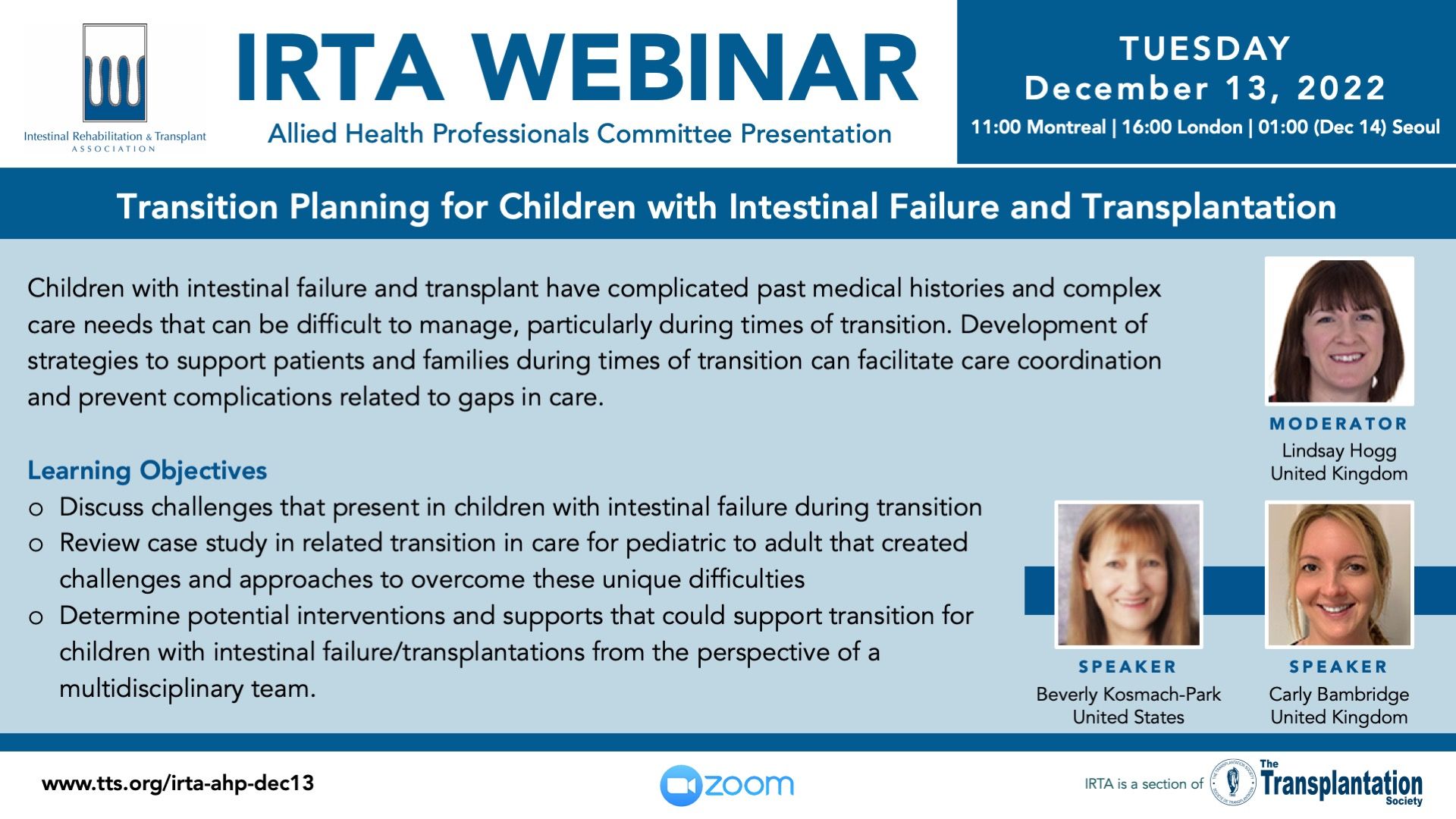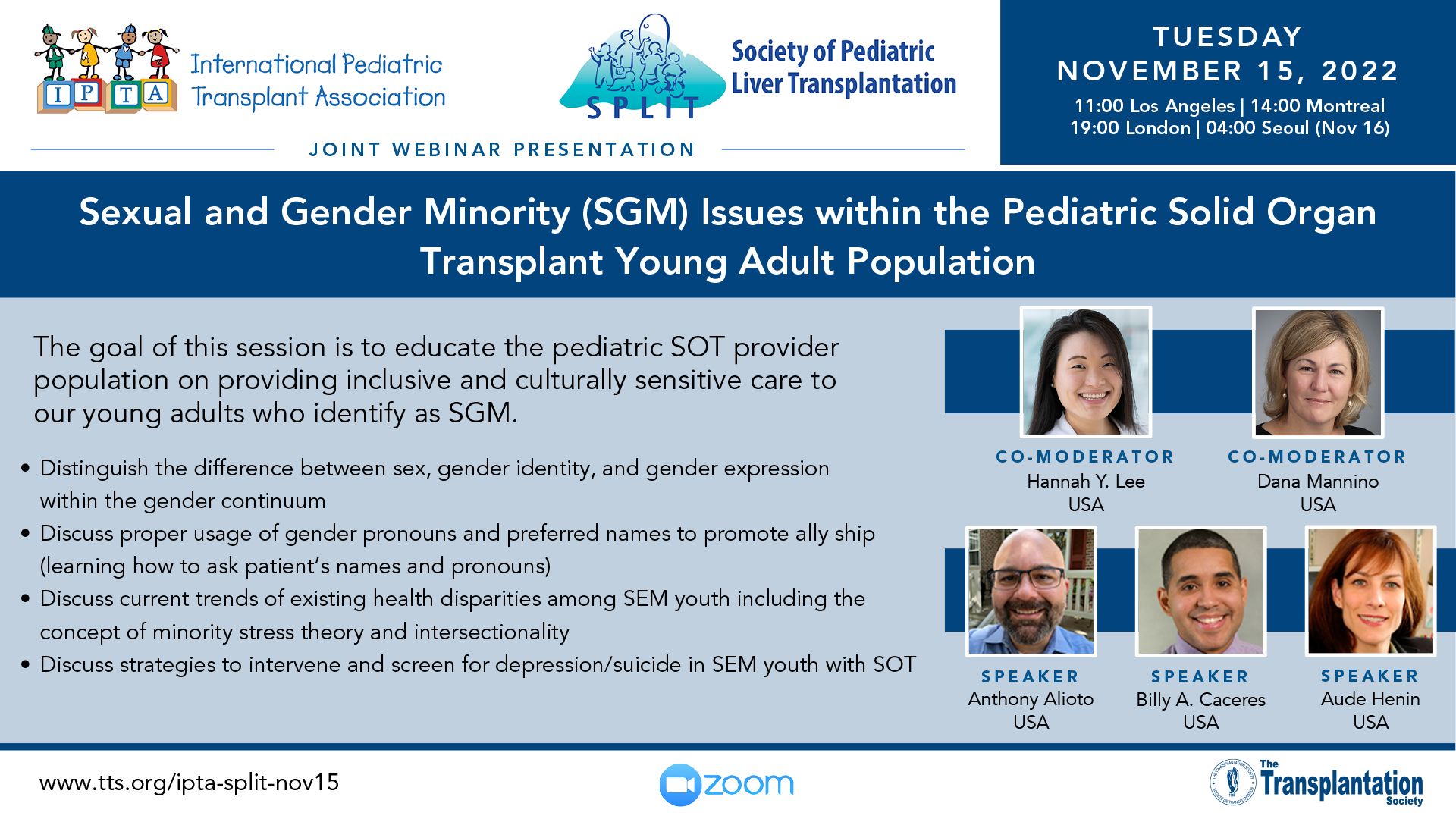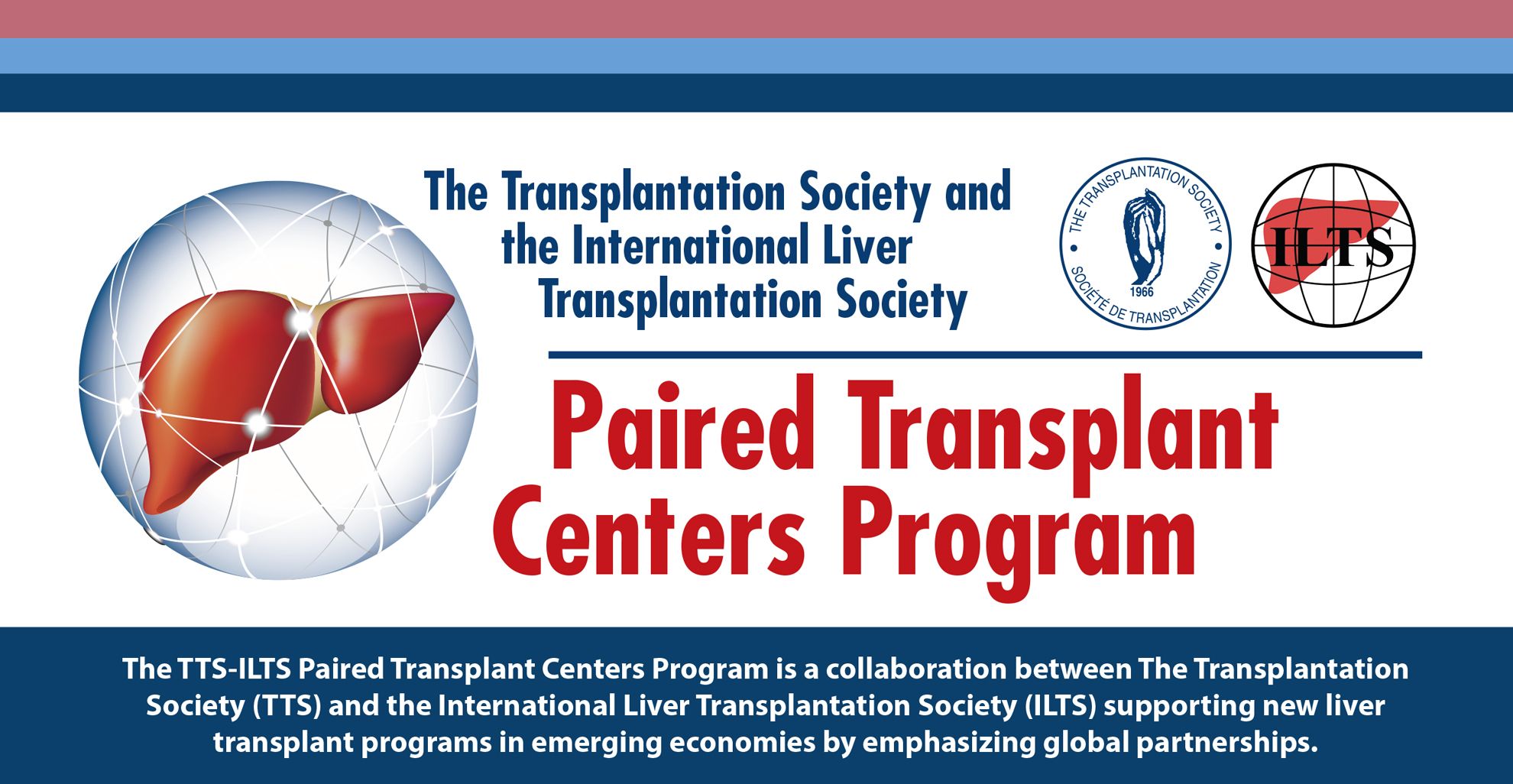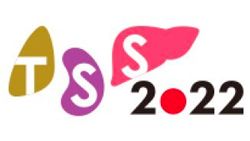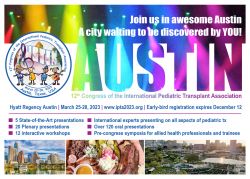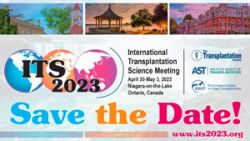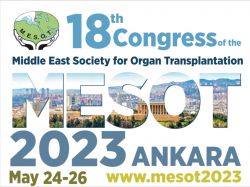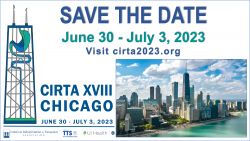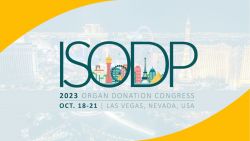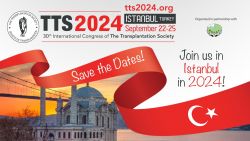
New Survey - Using Social Media to Promote Cutting-Edge Research in Transplantation
Greetings,
Researchers from NYU Langone Health are conducting a research study titled Using Social Media to Promote Cutting-Edge Research in Transplantation. Dr. Macey Levan from the Departments of Surgery and Population Health at NYU Langone Health is the Principal Investigator leading this research. The purpose of this study is to learn how members of the Transplantation community use social media for professional purposes and how they see themselves using it in the future.
You qualify to complete this study if you fall under one of the following categories:
- Subscribers to the weekly email of new published articles in the Transplantation or Transplantation Direct journals
- Have submitted an article to the Transplantation or Transplantation Direct journals in the past 5 years
- Member of The Transplantation Society (TTS)
- Subscribers to newsletters from the TTS (Quarterly - Tribune, Weekly - Tribune Pulse)
Participation in this study is voluntary and will consist of completing an online survey about your thoughts on how you use social media for professional purposes and how you see yourself using it in the future. It will take about 5 minutes of your time.
If you are interested in participating, please click the link below to complete the survey:
https://nyumc.qualtrics.com/jfe/form/SV_bxvqr2xMkhhuyeW
If you have any questions or concerns about this study, please contact Dr. Levan at Macey.Levan@nyulangone.org.
This study has been reviewed by the NYU Langone Health Institutional Review Board (Study Number: 22-00681).
Sincerely,
The Editors and Communications
Offices of the Transplantation Journal
& Transplantation Society
Transplantation Updates

Transplantation - Highlighted Articles
Humoral and Cellular Response of Transplant Recipients to a Third Dose of mRNA SARS-CoV-2 Vaccine: A Systematic Review and Meta-analysis
High rates of nonresponse to 2 doses of mRNA severe acute respiratory syndrome coronavirus 2 (SARS-CoV-2) vaccine have been reported in transplant recipients. Several studies have investigated the efficacy of a third dose in this population. However, efficacy remains unclear, as response rates vary across studies. Therefore, we conducted a systematic review and meta-analysis to determine the efficacy of a third dose of any mRNA SARS-CoV-2 vaccine in transplant recipients.Predicting a Positive Antibody Response After 2 SARS-CoV-2 mRNA Vaccines in Transplant Recipients: A Machine Learning Approach With External Validation
olid organ transplant recipients (SOTRs) are less likely to mount an antibody response to SARS-CoV-2 mRNA vaccines. Understanding risk factors for impaired vaccine response can guide strategies for antibody testing and additional vaccine dose recommendations.Transplantation - Week's Most Downloaded Paper
Recommended Treatment for Antibody-mediated Rejection After Kidney Transplantation: The 2019 Expert Consensus From the Transplantion Society Working Group
With the development of modern solid-phase assays to detect anti-HLA antibodies and a more precise histological classification, the diagnosis of antibody-mediated rejection (AMR) has become more common and is a major cause of kidney graft loss. Currently, there are no approved therapies and treatment guidelines are based on low-level evidence. The number of prospective randomized trials for the treatment of AMR is small, and the lack of an accepted common standard for care has been an impediment to the development of new therapies. To help alleviate this, The Transplantation Society convened a meeting of international experts to develop a consensus as to what is appropriate treatment for active and chronic active AMR.Transplantation Direct - Highlighted Tweet
Short Report: Race and Ethnicity Misclassification in Kidney Transplantation Research
Recently, the misuse of race as a biological variable, rather than a social construct, in biomedical research has received national attention for its contributions to medical bias. In national transplant registry data, bias may arise from measurement imprecision because of the collection of provider-perceived race rather than patients’ own self-report.TTS-ILTS Paired Transplant Centers Program - Apply Today!
Contact
Address
The Transplantation Society
International Headquarters
740 Notre-Dame Ouest
Suite 1245
Montréal, QC, H3C 3X6
Canada
Используйте Вавада казино для игры с бонусом — активируйте промокод и начните выигрывать уже сегодня!


